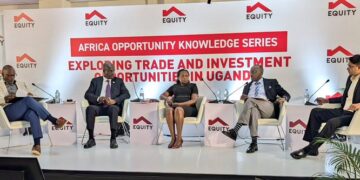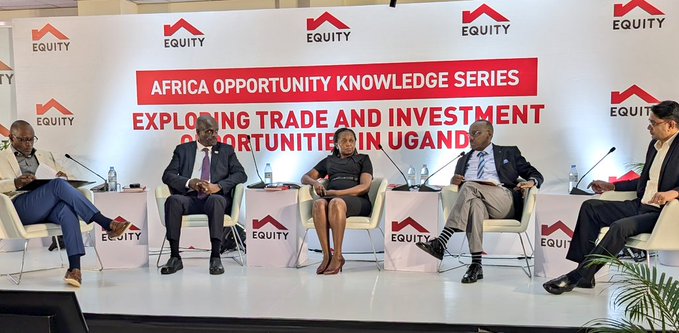Equity Bank Uganda reaffirmed its commitment to socio-economic transformation by hosting an engaging trade and investment webinar on April 24, 2025. The session, part of the Equity Knowledge Series, convened key stakeholders from both the public and private sectors to explore Uganda’s growing investment potential and the broader regional outlook.
Clare Tumwesigye, Head of Marketing & Communications at Equity Bank Uganda, who spoke on behalf of the Managing Director, Gift Shoko, emphasised the importance of knowledge-sharing platforms in sparking collaborative solutions.
“Through platforms like this, we aim to foster meaningful dialogue, share actionable insights, and inspire collaboration among key players in the economy,” Tumwesigye said. She noted Equity Bank’s deep involvement in driving growth across critical sectors, including agriculture, trade, tourism, and manufacturing.
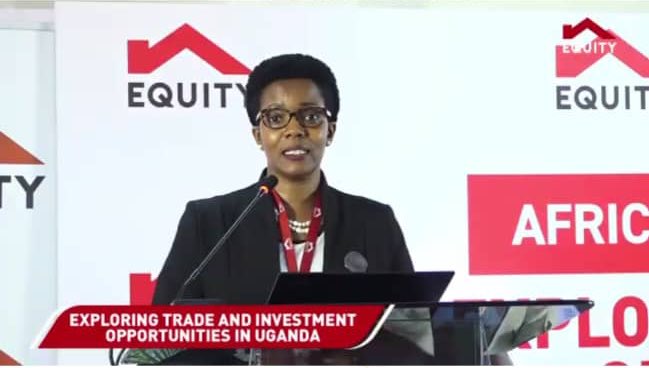
“As the second-largest bank in Uganda, we are uniquely positioned to provide financial solutions and institutional partnerships that catalyse economic transformation,” she added.
The webinar laid the groundwork for the upcoming Equity Trade Mission set for May, where stakeholders will engage directly with Uganda’s investment ecosystem, including policymakers, entrepreneurs, and industrial players.
Introducing the Africa Recovery and Resilience Plan
Priya Chana, Associate Director of Strategy at Equity Group, introduced the Africa Recovery and Resilience Plan (ARRP)—a bold initiative aimed at revitalising African economies through private sector-led development. Rooted in the vision of expanding opportunity and dignity, ARRP supports the African Union Agenda 2063 and the African Continental Free Trade Area (AfCFTA).
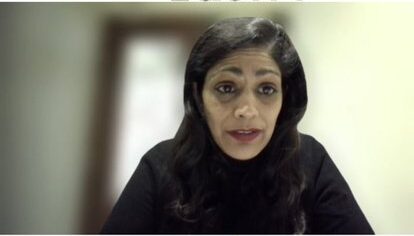
“This is a coordinated, scalable intervention focused on inclusive growth. We want to catalyse Africa’s recovery through sectors like agriculture, trade, manufacturing, and technology,” Chana said.
The ARRP employs a “triple engine” approach—balancing social impact, economic resilience, and sustainability. It aims to reach 100 million businesses and individuals, targeting 5 million borrowing enterprises and the creation of 50 million jobs.
Chana added, “We’re not only supporting growth, we’re designing solutions for long-term financial inclusion and resilience across the continent.”
Upcoming Equity Trade Mission
A.Q. Hamza, Equity Group Director of International Trade Relations, highlighted the role of the bank in connecting businesses to local and international markets.
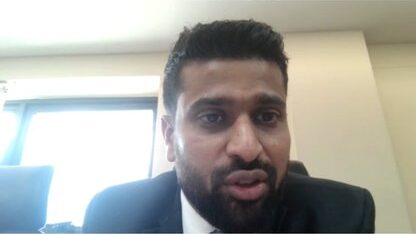
“Our trade mission is more than networking; it’s about creating meaningful market entry opportunities. We organise forums, link businesses to policymakers, and enable hands-on visits to key sectors,” Hamza said.
He underscored Equity Bank’s dedication to cross-border trade and investment integration, facilitating market expansion and investor access across East and Central Africa.
Uganda’s Economic Prospects
Anzetse Were, Equity Group Economist and Director of Research, analysed Uganda’s economic landscape, noting the impact of external factors such as aid suspension and shifting trade dynamics. She stressed that despite short-term challenges, long-term prospects remain robust due to Uganda’s demographics, natural resources, and growing private sector.
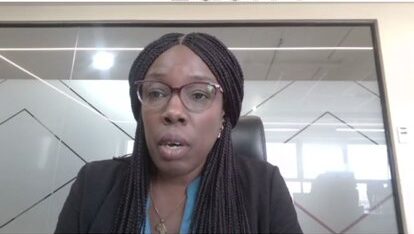
“The fundamentals are in place. The resilience of Uganda’s economy positions it for sustained growth,” Were said, pointing to opportunities presented by low oil prices, a weakening dollar, and regional trade alliances.
Investment Momentum
Rita Mugura, Deputy Director of Investment Promotion at the Uganda Investment Authority (UIA), highlighted Uganda’s rapid growth in foreign direct investment (FDI). She reported a rise from USD 666 million in 2020 to USD 2.8 billion in 2024, reflecting investor confidence and economic resilience.
“Uganda remains East Africa’s fastest-growing economy. With a young population and strategic geographic location, we continue to attract investment,” Mugura said.
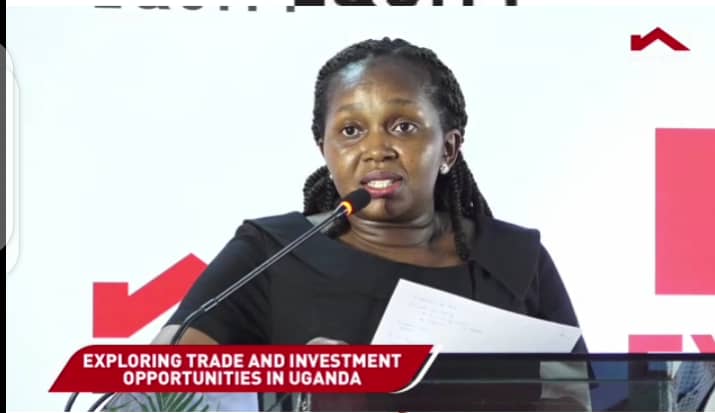
She encouraged international investors to take advantage of incentives under Uganda’s liberal investment regime and highlighted sectors like agribusiness, ICT, energy, and tourism.
Cleopas Ndorere, Commissioner of External Trade at the Ministry of Trade, emphasised the importance of harmonising public and private sector efforts.
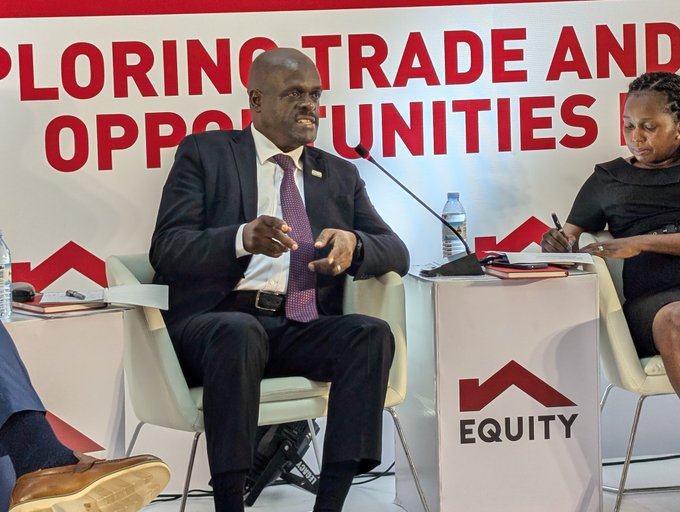
“Our job is to create a policy environment that enables business. But it’s the private sector that drives trade,” he said, urging Ugandan enterprises to scale up and tap into regional markets under EAC and COMESA frameworks.
Private Sector Voice
Stephen Asiimwe, Executive Director of the Private Sector Foundation Uganda (PSFU), underscored the need for consistent engagement between business leaders and government.
“Equity Bank, as a member of PSFU under the financial services sector, plays a key role in shaping Uganda’s business environment. We must work together to remove bottlenecks and promote inclusive growth,” Asiimwe said.
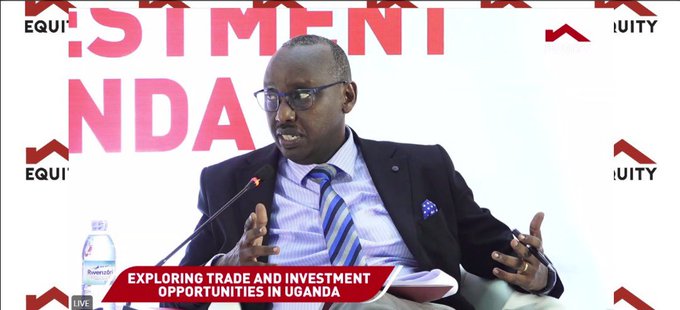
Investor Perspective
Roushan Singh, Managing Director of Ramex Petroleum Uganda, offered a practical view of doing business in Uganda. He praised the country’s investment climate and the support he received from Equity Bank.
“Uganda is open for business. The people are welcoming, and there’s potential everywhere—from oil to agro-processing. My experience has been one of partnership and opportunity,” he shared.
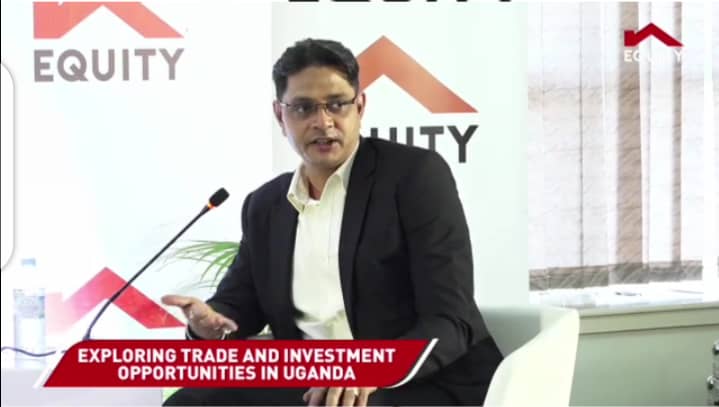
Singh also called for more investment in youth education and innovation, arguing that the future lies in equipping the next generation with professional skills.
With the May trade mission on the horizon and the Africa Recovery and Resilience Plan gaining momentum, Equity Bank’s approach positions it not only as a financier but as a strategic enabler of Africa’s prosperity.
